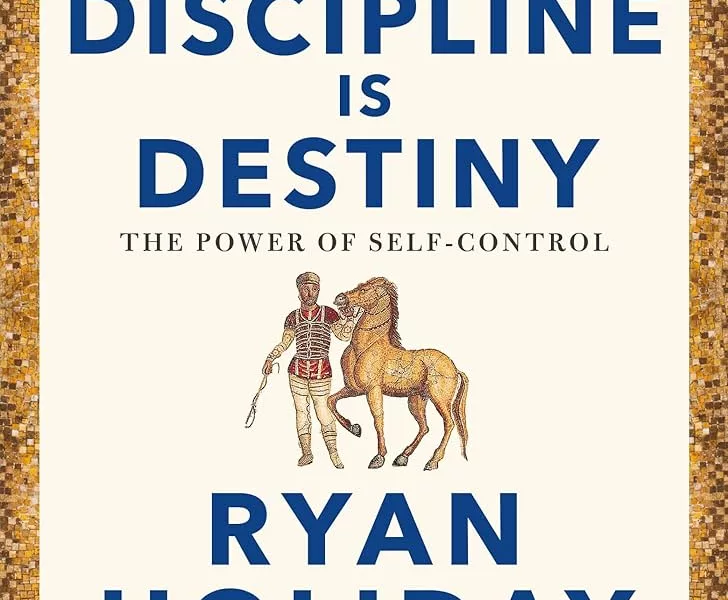Sapiens: A Brief History of Humankind by Yuval Noah Harari is one of those books that will get you thinking. Harari offers a new perspective on everything from Homo Sapien’s development to religion to capitalism.
Pairs With: chocolate-covered raisins and pacing yourself. This large book will require a time commitment.
I picked this book up off of my mother’s coffee table with no intent to actually read it. It’s one of those books that’s been raved about everywhere. Oftentimes, I find super popular books do not live up to the hype so I prefer to avoid them. However, once I started reading this one I couldn’t put it down!! Right out of the gate I was learning new things and imagining the fascinating world of early Sapiens.
Overview
Sapiens by Yuval Noah Harari is one of those books that will get you thinking. Harari offers a new perspective on everything from Homo Sapien’s development to religion to capitalism. What surprised me the most was that Harari wasn’t afraid to share his hot takes when it came to polarizing topics such as religion and capitalism. With this, he encouraged readers to consider another perspective.
However, this book may offend some readers who do not acknowledge that Harari is simply providing his personal viewpoint on the topic. Keep that in mind before discrediting the whole book.

The Books Four Parts
There are 4 sections to this book.
- Part I is the Cognitive Revolution. This is when Homo Sapiens developed a way to transmit information about their surroundings, their relationships, and about things that DID NOT exist like spirits.
- Part II is the Agricultural Revolution. Which Harari calls, “history’s biggest fraud.” Because studies show that farmers worked harder than the average forager and ended up with a worse diet.
- Part III is The Unification of Humankind. This is when money comes into play and empires expand. This is also the time that polytheism becomes less common and monotheism takes over.
- Part IV is The Scientific Revolution. This is when Homo Sapiens begin to recognize what they don’t know and set out to get answers. They travel to new lands to “study” them but also end up conquering them. With more trust in the future, credit gets created and economies begin expanding. It is in this section that Harari compares Capitalism with Nazism. Although some may be shocked as to how those things could be comparable, his analogy makes you think, “Eh, ok. I suppose that’s one way to compare them.”
“Some religions, such as Christianity and Nazism, have killed millions out of burning hatred. Capitalism has killed millions out of cold indifference coupled with greed.”
Conclusion
You will like this book if you enjoy books that teach you new things while also stretching the conventional way of thinking. Harari does a great job of tying all of the information together and conveying complex material in a way that’s digestible and entertaining.
Now I understand why this book was so insanely popular. It lives up to the hype!

Have you read this one or the other one in this series, Homo Deus: A Brief History of Tomorrow? I’d like to hear what you thought of either one!
P.S. If you enjoyed this one you may also enjoy Range by David Epstein! He also challenges the reader to go against conventional thinking and educates you along the way.
Thank you so much for supporting my blog! As an Amazon Associate, I earn from qualifying purchases.



